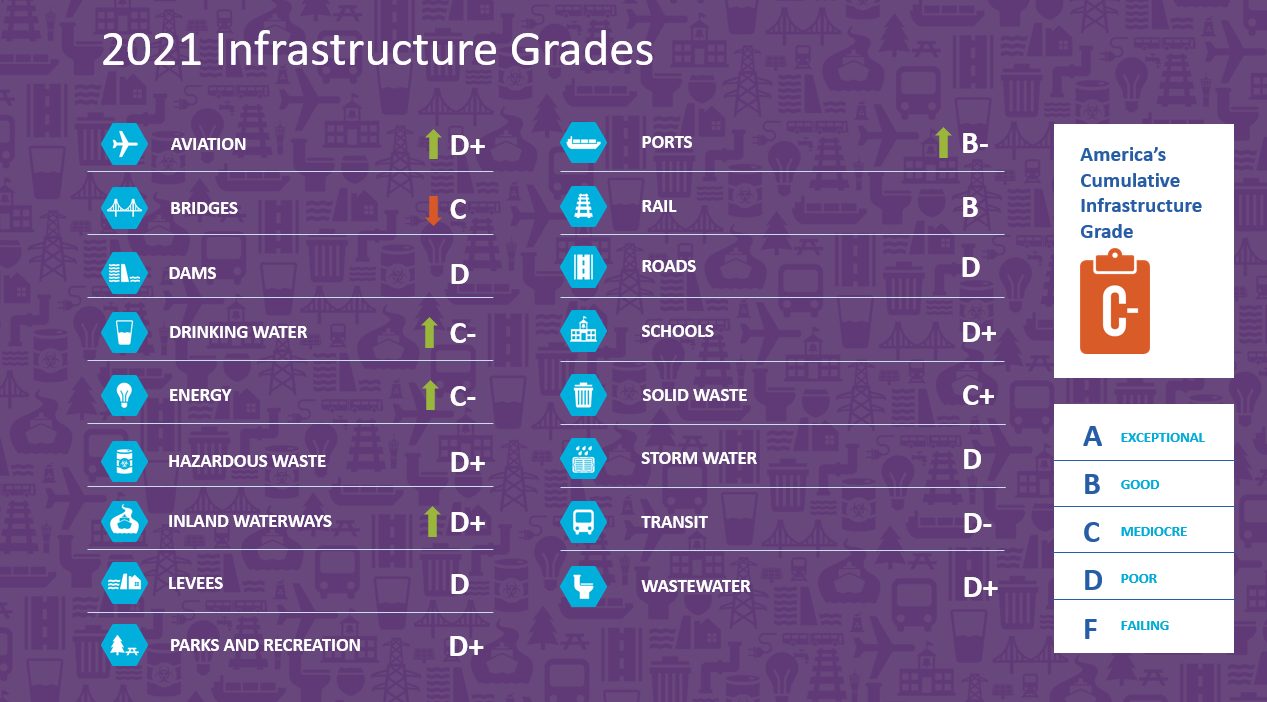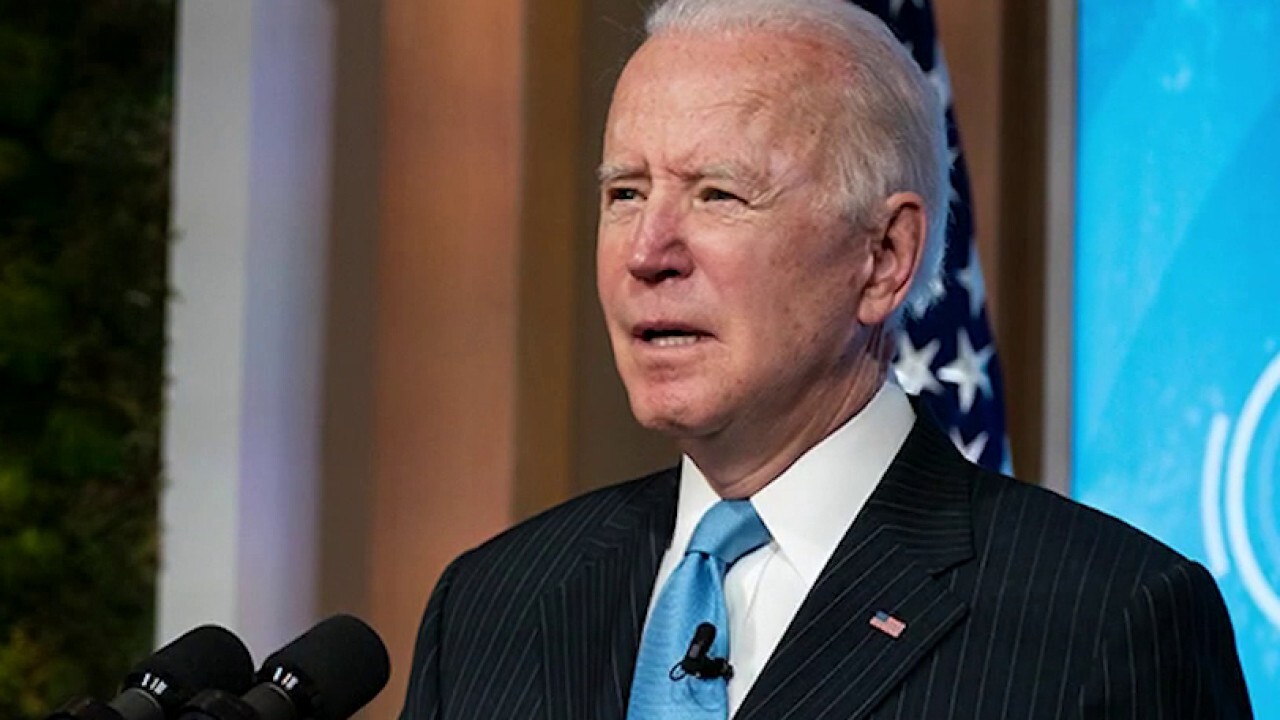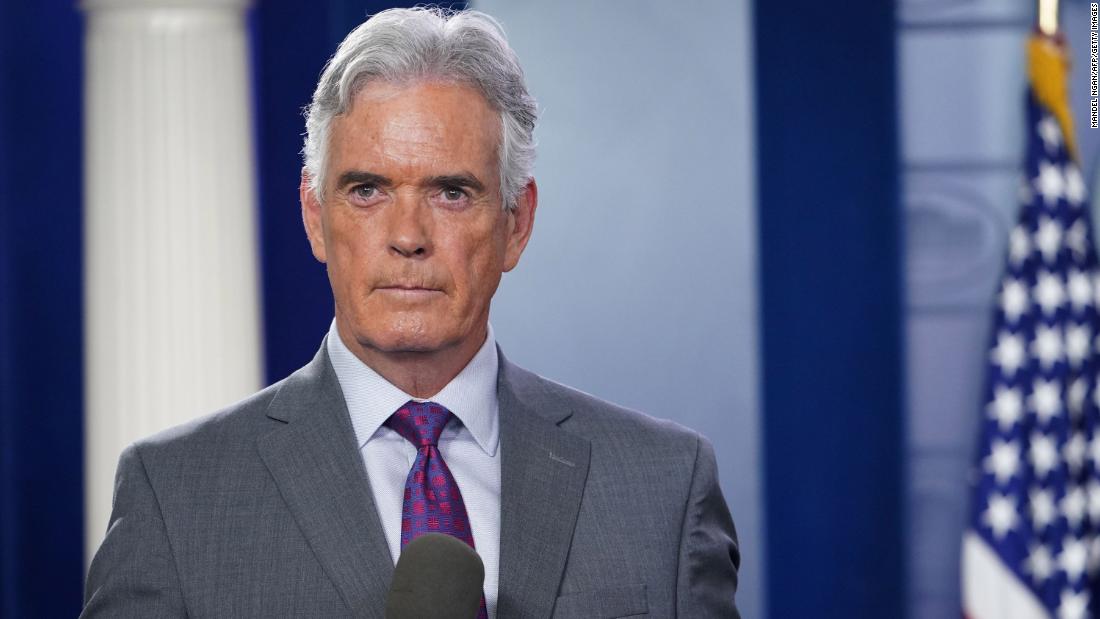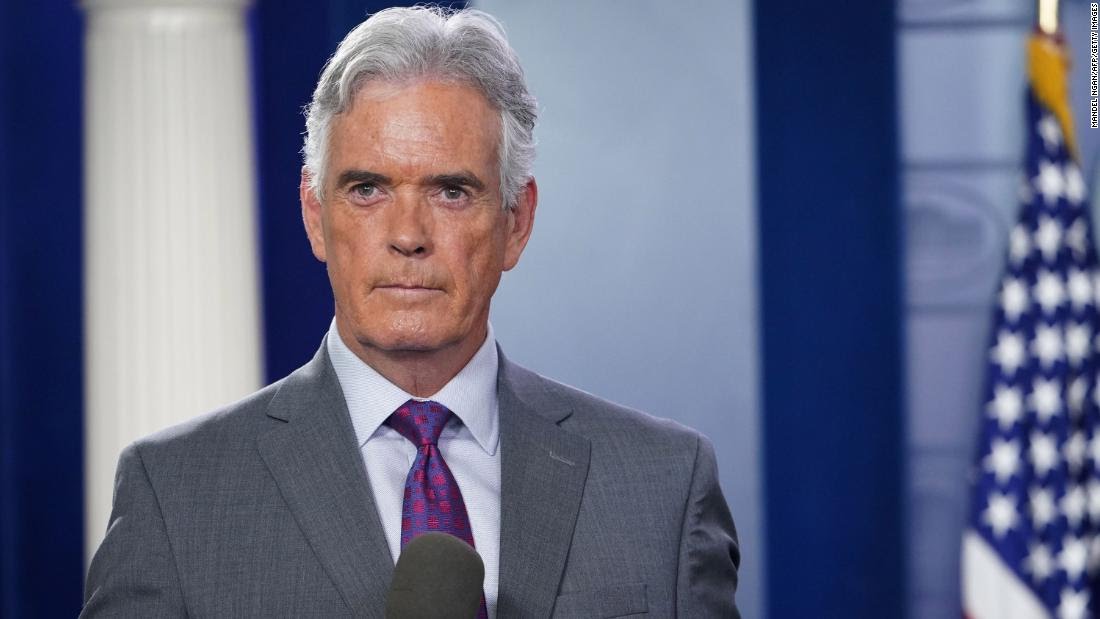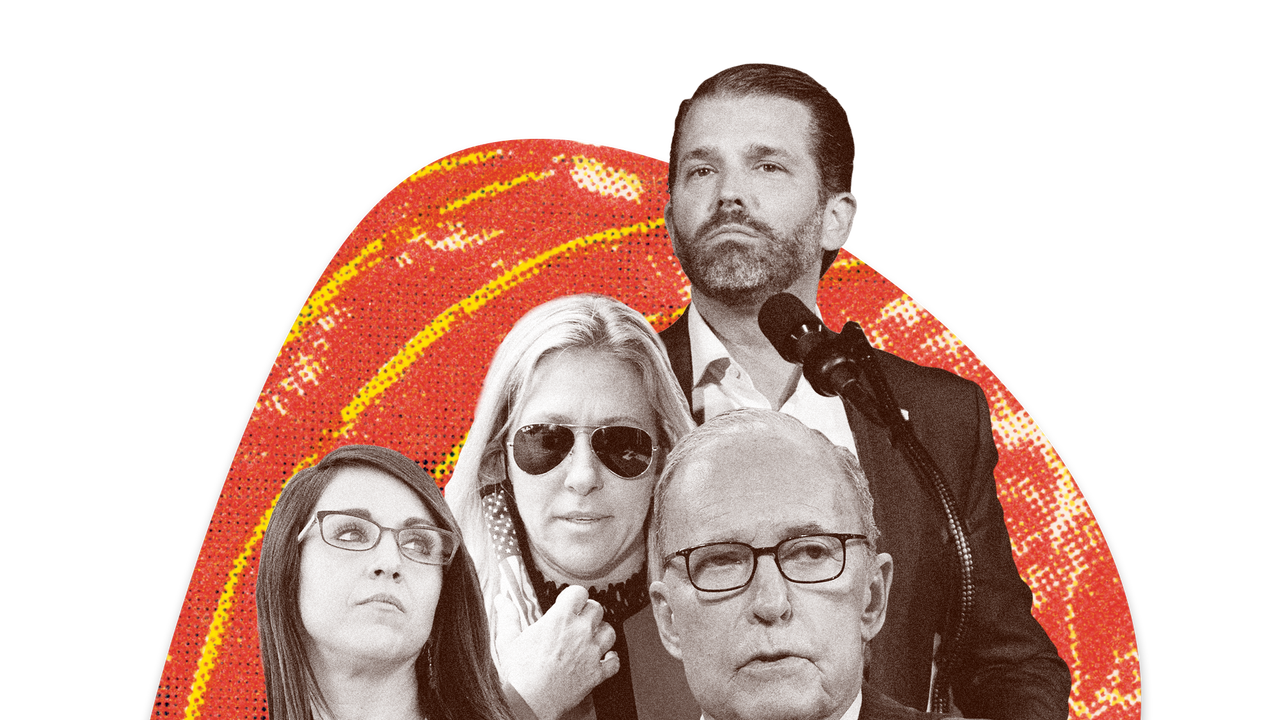Toward a Conflict-of-Interest-Free West Wing
ELIAS ALSBERGAS MARCH 29, 2021
The Revolving Door Project, a Prospect partner, scrutinizes the executive branch and presidential power. Follow them at therevolvingdoorproject.org.
Last week, the Biden administration finally began releasing financial disclosures for high-level White House appointees, months after those officials took office and much later than the law required. To no one’s great surprise, however, stories about the contents of those disclosures eclipsed concerns about their tardiness. Scrutiny was rightfully focused on a White House rife with corporate conflicts of interests, dizzying wealth, and Big Tech, Big Pharma, and Big Oil entanglements.
After Donald Trump left our ethics regime in such a sorry state, and with political corruption still at or near the top of many voters’ minds, President Biden needs to make the politically savvy choice to raise the ethical bar for his appointees.
Among the more glaring revelations: Numerous members of the Biden administration stand to profit from the American Rescue Plan. An incomplete analysis of disclosures reveals that senior White House officials, including Jake Sullivan, Daniel Hornung, Jonathan Su, Corina Cortez, Jamison Citron, and Elizabeth Sherwood-Randall, among others, own stock in vaccine manufacturers. This comes at a moment when the White House faces the stark decision to either protect drugmakers’ profits for a vaccine whose research, development, and manufacture the public paid for, or to share the patents and thereby save lives around the world. Despite his financial ties to drug manufacturers, Sullivan has been enmeshed in vaccine distribution talks. Nonetheless, the White House has not released to the public the “ethics agreements” that govern in advance how conflicts such as this will be managed.
Just as problematic is the en masse stock ownership or past affiliation with Big Tech by many members of the administration. More than a dozen of Biden’s highest deputies were employed by, consulted for, or currently own stocks in companies like Amazon, Facebook, Alphabet, and Apple. Corina Cortez, the special assistant to the president for domestic agency personnel—presumably someone who will have major influence over staffing decisions—owns stock in Facebook, Amazon, Alphabet, and Salesforce, along with other pharmaceutical, defense, and financial companies. While ownership alone does not establish self-dealing, it undeniably can lay the groundwork.
Read more from the Revolving Door Project
The disclosures also reveal that many in the administration may not share the values of the activists and voters who put Biden in office. Susan Rice, the high-profile head of the Domestic Policy Council, whose mandate covers almost every issue important to the public, owns millions of dollars in fossil fuel companies like Enbridge Inc. She is far from the only fossil fuel and pipeline investor among senior White House officials. At least four different officials own stock in ExxonMobil. Elizabeth Washburn, special assistant to the president for Native affairs, has tens of thousands invested in multiple climate polluters, including Laredo Petroleum, an S&P Oil & Gas Exploration ETF, and CorEnergy Infrastructure. Such investments in pipeline companies seem out of step with the Biden administration’s commitment to clean energy and his canceling of the Keystone XL pipeline after pressure from indigenous peoples and climate crisis activists.
But for all that we’ve learned from these disclosures, there’s more that remains hidden due to deficiencies in our ethics laws that substantially predate this administration. Biden can and should act to ensure these consequential information gaps are filled right away.
He can start by ensuring that financial disclosures actually reveal relevant information. That must include demanding that officials reveal the true source and nature of their income. By relying on closely held companies, like LLCs or S corporations, filers can hide information like the names of clients, the identities of business partners, and debts and assets. While they are as nothing compared to the over 500 LLCs that masked Donald Trump’s business empire in his financial-disclosure forms, opaque corporate vehicles dot many of these latest disclosures, obscuring potential conflicts that these forms are supposedly meant to reveal. While some officials commendably appear to have gone beyond the strict letter of the law by identifying the clients of their closely held companies, Biden should make clear that this is the nonnegotiable standard for his administration.
Even when officials do properly disclose their clients, much about the nature of that work remains opaque.
He must also reaffirm that every appointee, not just those who deign to, must share with the public who their past legal and consulting clients were. At least one official, Deputy Assistant to the President Jonathan Su, has withheld the names of a whopping 32 clients that paid for his services in the last two years. (Given the names that he was willing to disclose, including former Trump associate and convicted pedophile George Nader and the pharmaceutical company Mylan, his reticence to identify those 32 clients is all the more concerning.) Federal disclosure requirements almost certainly preempt the D.C. Bar rule that Su cites to keep his clients confidential. But that preemption only matters if it’s enforced and, in recent years, many notable figures—including former Arizona Republican Sen. Jon Kyl—have gotten away with this evasion without facing any consequences. Biden can and should put a stop to this ongoing erosion of standards.
Unfortunately, adherence to the D.C. Bar rule is not the only troubling precedent that Biden’s appointees have seized upon. Temporary adviser Anita Dunn appears to be following in the footsteps of Trump’s acting comptroller of the currency, Keith Noreika, by taking a salary well below what is standard in order to evade disclosure altogether. Needless to say, even if technically legal, this is a perversion of the law’s intent. Dunn is undoubtedly a very senior administration figure in terms of experience and influence. Biden should make Dunn disclose or Dunn should step down.
Even when officials do properly disclose their clients, much about the nature of that work remains opaque. When asked for a “brief description of [their] duties” for a given role, most list something like “consulting,” “legal,” or “political advisory services,” terms that give little insight into the exact policy matters on which they worked and thus their possible conflicts of interest. In January, the Revolving Door Project, for which we work, led over four dozen groups in calling on Biden to fix this by demanding that his appointees release detailed descriptions of work they performed for corporate clients and foreign governments. That call still stands.
As the litany of troubling conflicts laid out above makes clear, however, merely filling in the holes in our current disclosure regime is not enough. Disclosure did not stop members of the Trump administration from routinely stepping over the line to grow their own fortunes or to help friends. This practice has been similarly ineffective in Congress, where disclosures are routinely incomplete or late, and have done little to stop seemingly improper trading. The public has no reason to believe that White House officials’ claims that their financial holdings in, or past affiliation with, tech, pharmaceutical, or oil and gas companies will not impact their decisions while in office.
To restore governing integrity, this administration can’t simply be content to acknowledge potential problems. It needs to do something about them. That includes strengthening and better resourcing ethics enforcement, as countless good-government groups have advocated. But Biden should also take steps to limit the number of conflicts that ethics officials have to police by not hiring people with conflicts in the first place.
The public should not be asked to take officials at their word that a flimsy ethics pledge will make them discount their personal and financial stake in an issue. Nor should it be asked to put its confidence in current ethics enforcement systems whose weaknesses have just been put on display under Trump.
Unfortunately, that sort of structural fix doesn’t seem likely to come anytime soon, so other steps will be necessary.
Among the most pressing should be a demand that officials divest from single-name stocks and other assets that could pose a conflict in favor of funds that simply follow the market. Rather than forcing ethics officials to monitor the hundreds of potential conflicts of interest that inevitably arise when stockholders in the White House are constantly exposed to market-moving information—and, perhaps even more importantly, asking the public to trust that the ethics cops have caught them all—Biden should tamp down on the very possibility of conflicts. Asking officials to invest their money in index or mutual funds is not a great injustice. Where past employment is the issue, Biden should insist that officials recuse themselves so there is no doubt that policy decisions are made with only the public interest in mind.
Many will decry these demands as impracticable ethical purity tests. They are, in reality, a political necessity. Corruption remains a uniquely salient, bipartisan concern, and wholly hypocritical right-wing media is already stoking the flames over the Biden administration’s corporate ties. Biden cannot count on the force of Trump’s historically awful example to absolve his administration from the political consequences of these conflicts. But with relatively small steps that, at most, merely inconvenience senior appointees, he can quickly starve Fox’s fire of oxygen.
So, what is he waiting for?
The American Prospect depends on reader support
If you are scraping by right now, please don’t give us anything. But if you have the ability to support independent, non-profit journalism, we are so grateful. Your voluntary contribution helps keep this website paywall-free. You can sign up as a subscriber with a range of benefits, including an opt-in to receive the print magazine by mail.
" dir="ltr" style="color: rgb(68, 68, 67); font-family: "Adobe Garamond Pro", Georgia, "Times New Roman", Times, serif, -apple-system, BlinkMacSystemFont, "Segoe UI", "Droid Sans", "Helvetica Neue", "PingFang SC", "Hiragino Sans GB", "Droid Sans Fallback", "Microsoft YaHei", sans-serif, sans-serif; font-size: 22px; font-style: normal; font-variant-ligatures: common-ligatures; font-variant-caps: normal; font-weight: 400; letter-spacing: normal; orphans: 2; text-align: start; text-indent: 0px; text-transform: none; white-space: normal; widows: 2; word-spacing: 0px; -webkit-text-stroke-width: 0px; background-color: rgb(255, 255, 255); text-decoration-thickness: initial; text-decoration-style: initial; text-decoration-color: initial;">
The Revolving Door Project, a Prospect partner, scrutinizes the executive branch and presidential power. Follow them at therevolvingdoorproject.org.
Last week, the Biden administration finally began releasing financial disclosures for high-level White House appointees, months after those officials took office and much later than the law required. To no one’s great surprise, however, stories about the contents of those disclosures eclipsed concerns about their tardiness. Scrutiny was rightfully focused on a White House rife with corporate conflicts of interests, dizzying wealth, and Big Tech, Big Pharma, and Big Oil entanglements.
After Donald Trump left our ethics regime in such a sorry state, and with political corruption still at or near the top of many voters’ minds, President Biden needs to make the politically savvy choice to raise the ethical bar for his appointees.
Among the more glaring revelations: Numerous members of the Biden administration stand to profit from the American Rescue Plan. An incomplete analysis of disclosures reveals that senior White House officials, including Jake Sullivan, Daniel Hornung, Jonathan Su, Corina Cortez, Jamison Citron, and Elizabeth Sherwood-Randall, among others, own stock in vaccine manufacturers. This comes at a moment when the White House faces the stark decision to either protect drugmakers’ profits for a vaccine whose research, development, and manufacture the public paid for, or to share the patents and thereby save lives around the world. Despite his financial ties to drug manufacturers, Sullivan has been enmeshed in vaccine distribution talks. Nonetheless, the White House has not released to the public the “ethics agreements” that govern in advance how conflicts such as this will be managed.
Just as problematic is the en masse stock ownership or past affiliation with Big Tech by many members of the administration. More than a dozen of Biden’s highest deputies were employed by, consulted for, or currently own stocks in companies like Amazon, Facebook, Alphabet, and Apple. Corina Cortez, the special assistant to the president for domestic agency personnel—presumably someone who will have major influence over staffing decisions—owns stock in Facebook, Amazon, Alphabet, and Salesforce, along with other pharmaceutical, defense, and financial companies. While ownership alone does not establish self-dealing, it undeniably can lay the groundwork.
Read more from the Revolving Door Project
The disclosures also reveal that many in the administration may not share the values of the activists and voters who put Biden in office. Susan Rice, the high-profile head of the Domestic Policy Council, whose mandate covers almost every issue important to the public, owns millions of dollars in fossil fuel companies like Enbridge Inc. She is far from the only fossil fuel and pipeline investor among senior White House officials. At least four different officials own stock in ExxonMobil. Elizabeth Washburn, special assistant to the president for Native affairs, has tens of thousands invested in multiple climate polluters, including Laredo Petroleum, an S&P Oil & Gas Exploration ETF, and CorEnergy Infrastructure. Such investments in pipeline companies seem out of step with the Biden administration’s commitment to clean energy and his canceling of the Keystone XL pipeline after pressure from indigenous peoples and climate crisis activists.
But for all that we’ve learned from these disclosures, there’s more that remains hidden due to deficiencies in our ethics laws that substantially predate this administration. Biden can and should act to ensure these consequential information gaps are filled right away.
He can start by ensuring that financial disclosures actually reveal relevant information. That must include demanding that officials reveal the true source and nature of their income. By relying on closely held companies, like LLCs or S corporations, filers can hide information like the names of clients, the identities of business partners, and debts and assets. While they are as nothing compared to the over 500 LLCs that masked Donald Trump’s business empire in his financial-disclosure forms, opaque corporate vehicles dot many of these latest disclosures, obscuring potential conflicts that these forms are supposedly meant to reveal. While some officials commendably appear to have gone beyond the strict letter of the law by identifying the clients of their closely held companies, Biden should make clear that this is the nonnegotiable standard for his administration.
He must also reaffirm that every appointee, not just those who deign to, must share with the public who their past legal and consulting clients were. At least one official, Deputy Assistant to the President Jonathan Su, has withheld the names of a whopping 32 clients that paid for his services in the last two years. (Given the names that he was willing to disclose, including former Trump associate and convicted pedophile George Nader and the pharmaceutical company Mylan, his reticence to identify those 32 clients is all the more concerning.) Federal disclosure requirements almost certainly preempt the D.C. Bar rule that Su cites to keep his clients confidential. But that preemption only matters if it’s enforced and, in recent years, many notable figures—including former Arizona Republican Sen. Jon Kyl—have gotten away with this evasion without facing any consequences. Biden can and should put a stop to this ongoing erosion of standards.Even when officials do properly disclose their clients, much about the nature of that work remains opaque.
Unfortunately, adherence to the D.C. Bar rule is not the only troubling precedent that Biden’s appointees have seized upon. Temporary adviser Anita Dunn appears to be following in the footsteps of Trump’s acting comptroller of the currency, Keith Noreika, by taking a salary well below what is standard in order to evade disclosure altogether. Needless to say, even if technically legal, this is a perversion of the law’s intent. Dunn is undoubtedly a very senior administration figure in terms of experience and influence. Biden should make Dunn disclose or Dunn should step down.
Even when officials do properly disclose their clients, much about the nature of that work remains opaque. When asked for a “brief description of [their] duties” for a given role, most list something like “consulting,” “legal,” or “political advisory services,” terms that give little insight into the exact policy matters on which they worked and thus their possible conflicts of interest. In January, the Revolving Door Project, for which we work, led over four dozen groups in calling on Biden to fix this by demanding that his appointees release detailed descriptions of work they performed for corporate clients and foreign governments. That call still stands.
As the litany of troubling conflicts laid out above makes clear, however, merely filling in the holes in our current disclosure regime is not enough. Disclosure did not stop members of the Trump administration from routinely stepping over the line to grow their own fortunes or to help friends. This practice has been similarly ineffective in Congress, where disclosures are routinely incomplete or late, and have done little to stop seemingly improper trading. The public has no reason to believe that White House officials’ claims that their financial holdings in, or past affiliation with, tech, pharmaceutical, or oil and gas companies will not impact their decisions while in office.
To restore governing integrity, this administration can’t simply be content to acknowledge potential problems. It needs to do something about them. That includes strengthening and better resourcing ethics enforcement, as countless good-government groups have advocated. But Biden should also take steps to limit the number of conflicts that ethics officials have to police by not hiring people with conflicts in the first place.
The public should not be asked to take officials at their word that a flimsy ethics pledge will make them discount their personal and financial stake in an issue. Nor should it be asked to put its confidence in current ethics enforcement systems whose weaknesses have just been put on display under Trump.
Unfortunately, that sort of structural fix doesn’t seem likely to come anytime soon, so other steps will be necessary.
Among the most pressing should be a demand that officials divest from single-name stocks and other assets that could pose a conflict in favor of funds that simply follow the market. Rather than forcing ethics officials to monitor the hundreds of potential conflicts of interest that inevitably arise when stockholders in the White House are constantly exposed to market-moving information—and, perhaps even more importantly, asking the public to trust that the ethics cops have caught them all—Biden should tamp down on the very possibility of conflicts. Asking officials to invest their money in index or mutual funds is not a great injustice. Where past employment is the issue, Biden should insist that officials recuse themselves so there is no doubt that policy decisions are made with only the public interest in mind.
Many will decry these demands as impracticable ethical purity tests. They are, in reality, a political necessity. Corruption remains a uniquely salient, bipartisan concern, and wholly hypocritical right-wing media is already stoking the flames over the Biden administration’s corporate ties. Biden cannot count on the force of Trump’s historically awful example to absolve his administration from the political consequences of these conflicts. But with relatively small steps that, at most, merely inconvenience senior appointees, he can quickly starve Fox’s fire of oxygen.
So, what is he waiting for?
The American Prospect depends on reader support
If you are scraping by right now, please don’t give us anything. But if you have the ability to support independent, non-profit journalism, we are so grateful. Your voluntary contribution helps keep this website paywall-free. You can sign up as a subscriber with a range of benefits, including an opt-in to receive the print magazine by mail.








